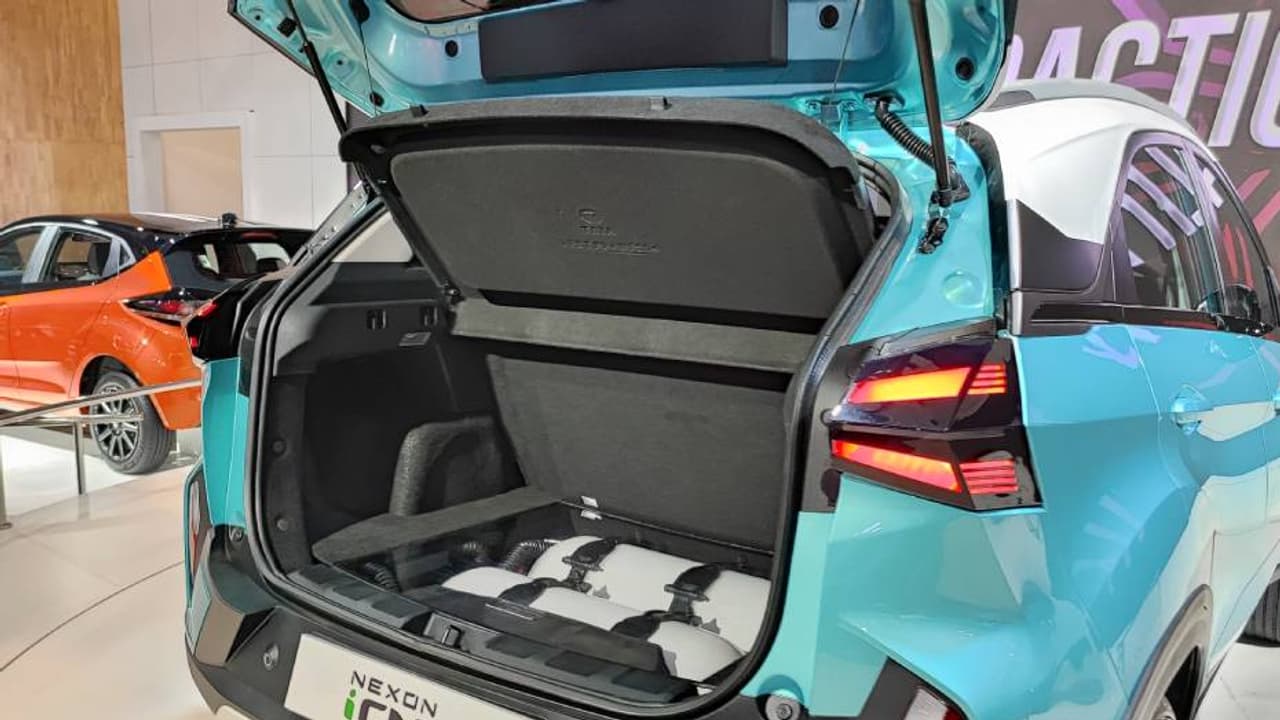Considering buying a car? CNG might be the best option. Sales surged by 35% in 2024, outpacing petrol and diesel cars. Discover the reasons behind this rising trend.
CNG passenger vehicle sales in India have seen a significant rise. Recent industry reports indicate a 35% increase in total sales. Industry experts attribute this growth to rising petrol and diesel prices, consumer skepticism towards electric vehicles, and government regulations on liquid fuels.

How did CNG vehicle sales grow?
In 2024, CNG car sales reached 115,432 units, a 16.13% increase compared to 2023. Maruti Suzuki sold a total of 71,811 vehicles, while Tata Motors sold 15,815 CNG vehicles.
According to SIAM data, diesel car sales increased from 17% to 19%. However, consumers are showing more interest in purchasing CNG vehicles.
Why is the demand for CNG cars increasing?
The main reason for the increased demand for CNG cars is the rise in petrol and diesel prices. Petrol and diesel prices in India have reached unprecedented levels. Currently, the price of a liter of petrol is over Rs. 100 in most states of the country. Diesel prices are also at the same level. In such a scenario, CNG vehicles with lower running costs have become attractive to people.
For example, the price of 1 kg of CNG is approximately Rs.75 - Rs.80. The running cost of a CNG vehicle per liter is between Rs.2.5 and Rs.3. Compared to a petrol vehicle, the cost is between Rs.6 - Rs.8. This translates to significant monthly savings.
Doubts about electric vehicles
Although electric vehicles seem to be the way of the future, people are still not fully confident in them. The main problems seen in EV vehicles, in particular, are making people afraid to buy them. In addition to these, the shortage of charging stations is causing severe disappointment among consumers. Moreover, there are concerns among the public about battery life. Seeing news of batteries exploding in some vehicles, people are not at all interested in buying electric vehicles. Another thing is that the high prices of electric vehicles are another reason. The lack of opportunity to go on long drives also seems to be a reason for the decline in EV purchases.
In these circumstances, CNG vehicles appear to be a middle ground. They are available at a lower cost than EVs and serve as a viable alternative to petrol vehicles.
Subsidies and government incentives
The Indian government and some state governments are taking several steps to promote CNG vehicles. They have focused on promoting CNG vehicles from an environmental protection perspective. They have reduced registration fee concessions. They are giving tax exemptions to green tag vehicles. In addition to this, they are rapidly increasing the number of CNG pumps.
For example, in 2021, there were only 1,400 CNG pumps in the country. By 2024, they had increased to 5,700. The government estimated that this number could reach 10,000 by 2025.
Shift in focus of vehicle manufacturers
In view of the increasing demand, major vehicle manufacturing companies are focusing on CNG variants. Companies like Maruti Suzuki, Tata Motors, and Hyundai are releasing CNG variants for their popular models.
Maruti has CNG variants in models like Wagon R, Ertiga, and Celerio. Tata has CNG variants for models like Punch and Altroz. Hyundai's Aura CNG variant is in good demand.
The reliability of these brands and the increasing options for CNG vehicles are boosting consumer confidence.
Future projections
According to industry estimates, the share of CNG in total vehicles is expected to reach 25% by 2025. In 2021, it was only 11%, but now its demand is doubling.
The number of CNG stations in India is currently increasing rapidly. This will provide more convenience to consumers.
Due to rising petrol prices, limitations of electric vehicles, and the impact of government incentives, the demand for CNG vehicles increased significantly in 2024. Brands like Maruti Suzuki and Tata are leading in this segment. It is likely to expand further by 2025.


